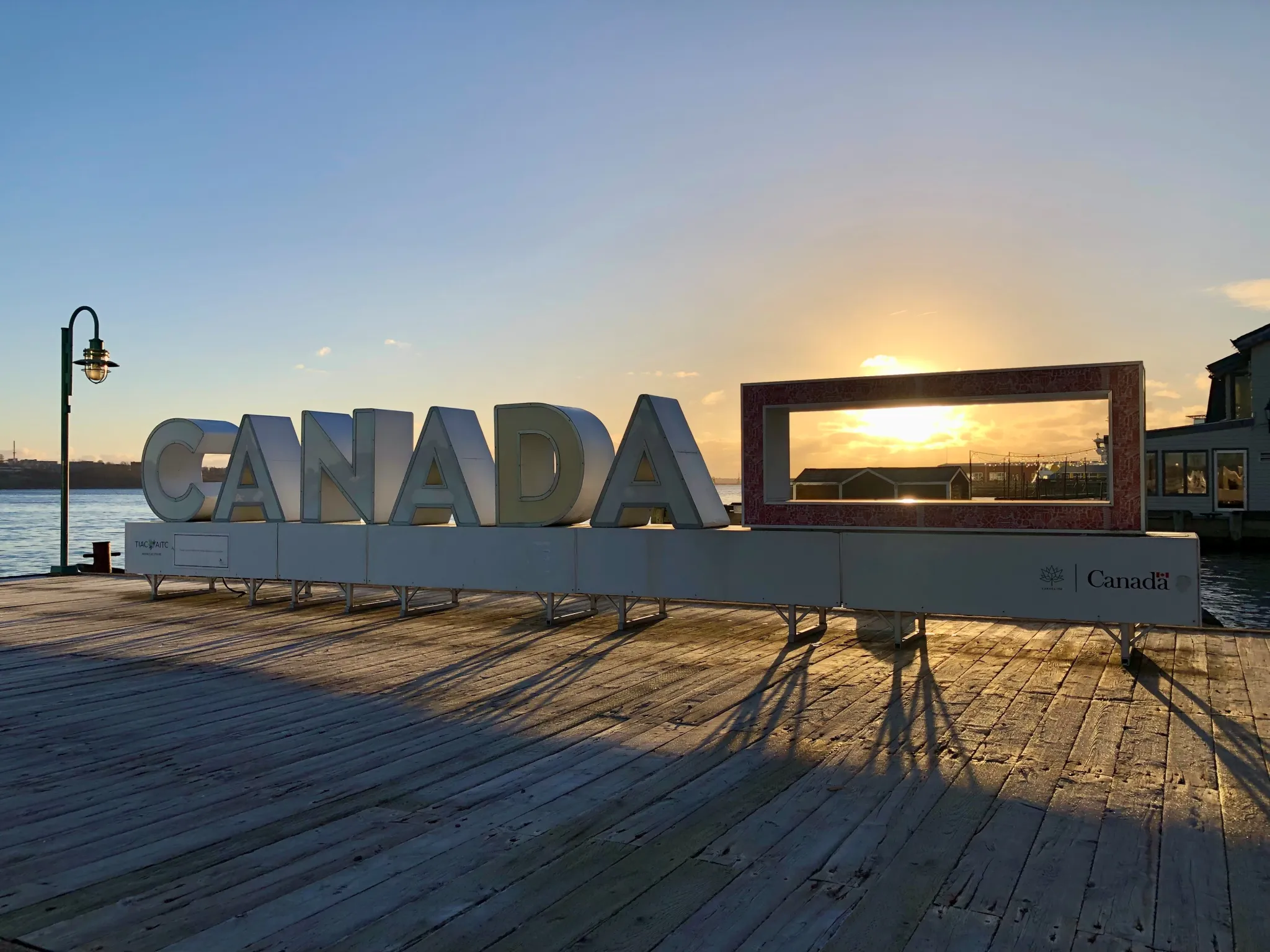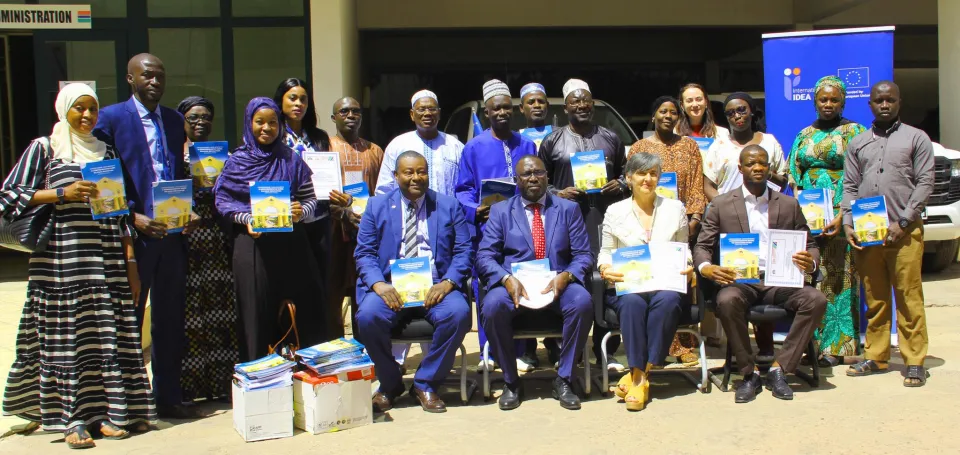It’s our country, eh? Reflections on being Canadian

Disclaimer: Opinions expressed in this commentary are those of the authors and do not necessarily represent the institutional position of International IDEA, its Board of Advisers or its Council of Member States.
What it means to be Canadian has long been ambiguous. That’s starting to change, and it has a lot to do with democracy.
On 4 March 2025, outgoing Canadian Prime Minister Justin Trudeau warned on national television that US President Donald Trump sought to ‘collapse’ Canada’s economy to ‘make it easier to annex’.
Perhaps even more shocking than the remark was the relative nonchalance with which the world received it. The on-again, off-again tariffs that inspired the comment led the news, but Trudeau’s causal analysis was only briefly noted. There was a time when the idea that the world’s longest undefended border was not sacrosanct would have been cause for prolonged global uproar. That time is gone, swept away in an exhausting tide of chaos.
Even if the rest of the world hasn’t fully noticed this particular change amid all the economic pain, diplomatic ambushes, and ‘efficient’ destruction, Canadians have—and they have responded in diverse ways.
Fighting is part of ice hockey, but the three fist fights in 10 seconds at the Four Nations Cup was not normal; nor was the booing of the US anthem by Canadian fans. When a leading Canadian politician was asked if she supported the gloves-off approach at the match, she didn’t hesitate: ‘Yes’. And after Canada triumphed in the final, the country’s next Prime Minister, Mark Carney, added insult to injury: ‘Americans should make no mistake. In trade, as in hockey, Canada will win’.
In the liquor stores, bourbon is out, replaced by maple whisky.
Canadians are canceling holidays to the south, choosing solidarity over sun.
And while the shelves may eventually be restocked and the trips rebooked, bilateral trust and goodwill will take far longer to rebuild. Cross-border challenges are now the top concern of Canadian voters, a fact reflected in dramatic shifts in political polls ahead of an election this year.
Yet as a century-long process of economic and social integration threatens to unravel, something else may be emerging in its place: a more defined Canadian identity.
Some countries have distinctive national identities. In Sweden, where I live, it is defined by a balancing act between socialized protection and individualized responsibility, grounded in a unique language and centuries of history.
In Canada, a comparably young country where Indigenous languages are sparsely spoken after centuries of colonialism and assimilation, where the culinary traditions are those of the whole world, and where much media is sourced from elsewhere, a national identity is harder to specify. The well-used metaphor of Canada as a multicultural mosaic describes something beautiful, but it does more to align than to differentiate.
Canadians have always, inevitably, compared their country to the elephant next door. But rarely if ever has the contrast been so clear between what the US president is proposing and what Canadians want (and yes, that includes keeping their country).
As a result of these tensions, the answer to the question ‘Who are we?’ has become clearer too, and essentially unanimous: namely, with all due respect, not that.
There is plenty of disagreement in Canadian politics, especially when the ballot box beckons. But a common thread runs right across the spectrum: a commitment to democracy. At home, this means a robust tradition of respect for the courts and the constitution. Abroad, it looks like widespread agreement among Canadian political parties that ‘the future of Ukraine must be decided by the Ukrainian people’. As consensus around democracy’s constructs and consequences decays elsewhere, the solidity of that consensus in Canada is being brought into sharper relief.
Thus, while the current eruption of national spirit is driven by negative impressions of a neighbour’s leader, it could also revitalize a more positive and full-throated dedication to democratic principles and practices, including the civic engagement now being shown in countless small acts of protest across the country. Indeed, this would be nothing more than Canadians reaffirming their democratic roots. Canada was founded with a promise of peace, order and good government. That’s a pretty good proxy for democracy—and a pretty good set of values upon which to base a national identity.
This bilateral debacle will be as painful as it is unnecessary, imposing costs to citizens and firms on both sides of the border and demanding new approaches to diplomacy and trade. But I have never seen Canadian pride and resolve as heartfelt as now. With such robust public backing, the necessary investments in social supports, economic diversification, sovereign defence, and international cooperation are almost certain to follow. If that happens, Canada will emerge from this episode more independent in its policies, its culture, and its attitudes. And the true north will remain strong, free and democratic.




